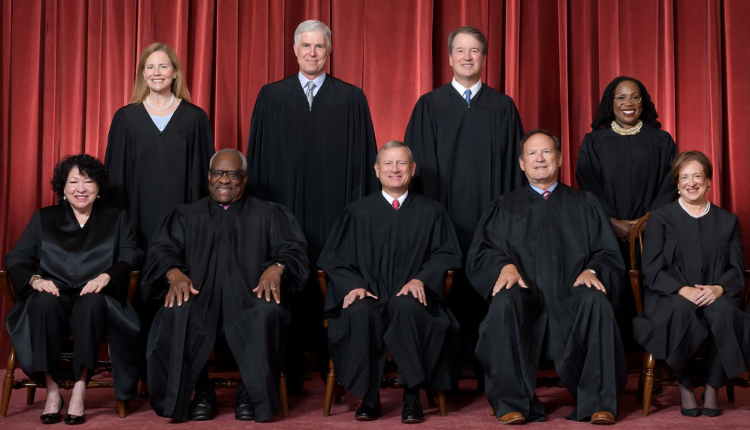Electric Vehicles and Emissions Requirements – Gravel2Gavel Construction & Real Estate Law blog — December 17, 2024
The future of the EV industry depends, however, on the fate of Clean Air Act (CAA), tailpipe air quality standards and greenhouse gas (GHG). The new Trump U.S. Environmental Protection Agency, under presumptive incoming administrator Lee Zeldin, is expected to rollback or abandon the Biden Administration’s efforts to tighten these standards for models year 2027 – 2032 passenger cars and lighter- and medium-duty vehicles. California Governor Gavin Newsom, meanwhile, has already committed to establishing more stringent standards at the state level for tailpipe emission over the next four-year period and will ban the sale of new gasoline-powered vehicles and light- and mid-duty trucks by January 1, 2035. California’s legal authority for adopting its own GHG and air quality standards for vehicles comes from a CAA provision that allows California to request waivers of the statute’s preemption of individual state’s ability to adopt vehicle emission standards. California has eight waiver requests pending with the EPA for various California rules restricting emissions from locomotives, commercial harbor craft, heavy-duty vehicles, and passenger cars, light-duty trucks, and fleets. California has eight waiver requests pending at the EPA. These requests are for different California rules that restrict emissions from locomotives and heavy-duty vehicles. Also, passenger cars, light-duty trucks, and fleets. While there is controversy over whether California’s CAA exemptions can be “revoked”, it is expected that President-elect Trump will seek to “revoke’ California’s CAA exemptions shortly after taking office. This will almost certainly lead to lengthy litigation in federal courts. The Supreme Court will probably hear these issues, but it’s unclear if that will happen before Trump’s term ends. Automakers have tried to deal with this uncertainty by entering separate agreements with California for vehicles that meet California standards. However, it is unclear if such agreements will be challenged by the new Administration. This uncertainty could, in any case, reduce hybrid and electric vehicle production and development in the U.S. and may also result in a reduction in U.S. demand for EVs if the consumer tax credit is repealed by the next Congress.





